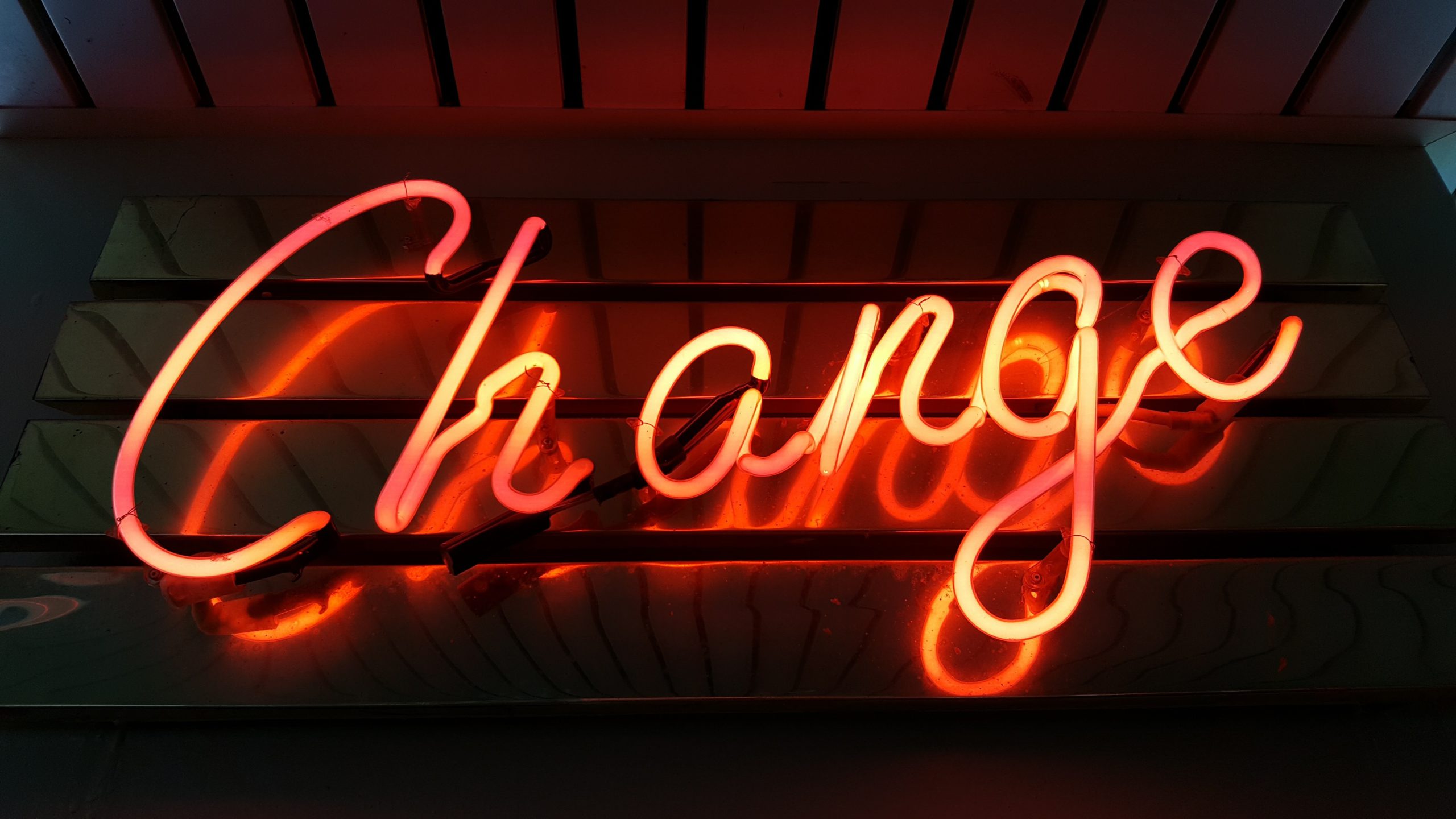What is behavioral change? Habits are built on our everyday behavior. The way we squeeze our toothpaste can be a habit. The way we put toilet paper on the roll is a habit. Habits are generally picked up in childhood, so it would make sense to examine our habits when seeking to create change in habits that no longer serve us.
As children, we tend to pick up habits based on the habits of our immediate family members, we model our behavior after theirs as we learn how to exist in the world. One of the first things we learn is how and what to eat, and for many of us, this was not taught in a mindful way. This then influences our informed and uninformed nutritional choices later in life.
Understanding nutrition and its role in our wellness is key to changing our dietary habits. And sometimes, what we learn must be unlearned to create space for new ideas, new patterns and new behaviors.
As we identify those patterns, behaviors and habits that are no longer serving, or are even hindering our journey to wellness, we must take time to examine and explore those habits so that we can learn mindfulness in the changes we are choosing to make. This is especially true when it comes to learning to love and nurture our bodies to become healthier and happier.
As we embark on this journey over the next few weeks, we will explore aspects of habit change and nutritional re-education and how we can accomplish the changes we want to make in a sustainable and long-lasting way, with less discomfort or a sense of loss. Habit change is not only about losing a negative or bad habit but creating positive and good habits as well.
Weight loss can be easy for some or feel impossible for others, but wellness and weight management are meant to last a lifetime. We cannot hope to achieve successful habit change without the right tools. Tune in every week this month as we dive deeper into understanding how and why we eat, how to make small and sustainable changes, how to challenge cravings and celebrate healthy habits.
-Muffin Top Belly Fix Blog

5
I heavily agree with the fundamental point that you make here – too many people think that what is normal to them is actually normal overall – when most of the beliefs you hold about health are negative, or at least not very dynamic.
Thanks Simon, for your feedback. You’ve made an interesting statement. You are correct in my opinion, normal for one is not necessarily normal for another.
Please click this link for my next article on “Understanding Food Habits“.
Best of health,
Devara
Habits play a massive part in our live. Habits that we learn and pick up right from birth. Most of these habits stay with us for the rest of our lives, unless we deliberately change anything that is not serving us. Habits make us or break us. In other words, habits makes us happy or sad or we can say habit can also make us poor or rich depending if we’ve got habit to think prosperous or poor, sad poor happy.
Thank you for this amazing reminder. You just reminder me to be consistent at smiling and be positive. 🙂
Yes, Habib
Sometimes it takes new habits to break old habits. Learning to focus on habits you want to change and turn them around for better habits can be very challenging for some people. The key to this trick is to take small baby steps until you’ve accomplished your main goals.
Thanks for sharing your feedback. Please click this link for my next article on “Understanding Food Habits“.
Best of health,
Devara
I find it interesting to see how my own habits have been learned. Behavioral change is also an interesting and important consideration to me when attempting to make positive changes in my life. This article is a great reminder to me to think long-term when making those changes. Thank you for sharing.
Hello Michael,
Thanks for stopping by. I’m glad you found this article interesting. Habits and behavioral changes are hard to change when you’ve been doing things routinely for years. Learning your body and how it interprets food is key to successfully being able to lose weight and lead a healthier lifestyle. I’m so pleased to know this article was a good reminder for you.
You are certainly welcome to the information and please come back for more. Click this link for “Understanding Food Habits“.
Best of health,
Devara